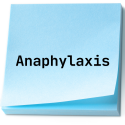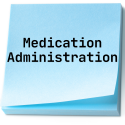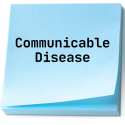Management of Medical Alert Conditions
Anaphylaxis Emergency Action Plan
All students at risk of Anaphylaxis are required to have an Emergency Action Plan completed and on file at the school. Parent/guardian and physician signatures are required....
Read more
Diabetes Checklist for Administrators and Nursing Support Services Information
Provincial Standards: Supporting Students with Type 1 Diabetes in the School Setting
Administrators should be familiar with this document.
Provincial standards provide the foundation...
Read more
Seizure Action Plan and Medical Alert Information Form (SAP)
This form is a communication tool for use by parents/guardians and the student’s most responsible practitioner to document and share information with...
Read more
Nursing Support Services (NSS), with support from the Ministries of Health and Education and Child Care, has updated their approach to supporting students who receive tube/enteral feeding through an act...
Read more
→ Medication Administration (Short Term Long Term)
If a student requires medication to be supervised or administered by school staff for at least one month or medication in an emergency (other...
Read more
If you suspect that a student may have a communicable (contagious) infectious disease—such as whooping cough, chickenpox, or measles—you do not need to wait to be contacted by Island Health....
Read more











